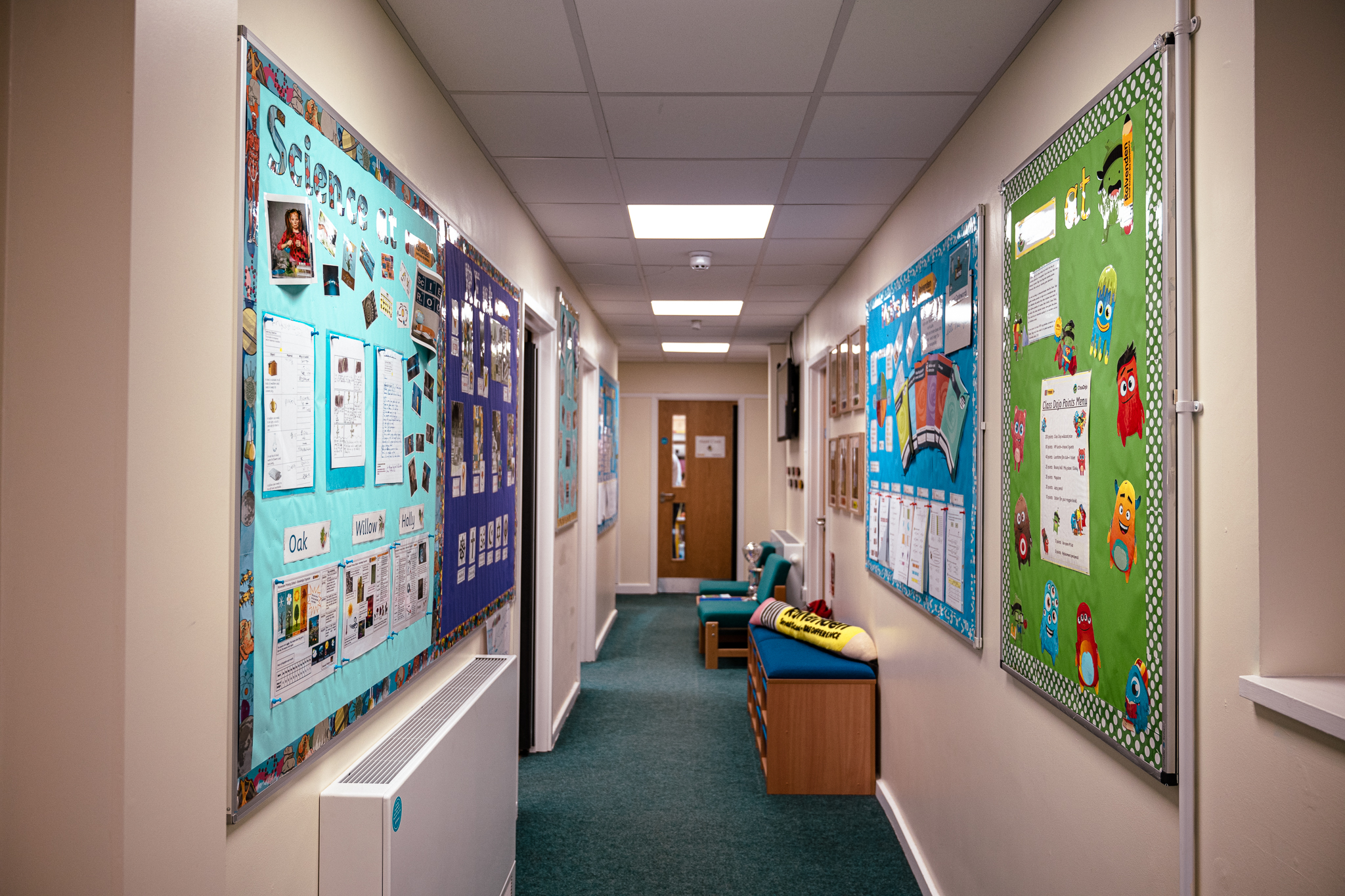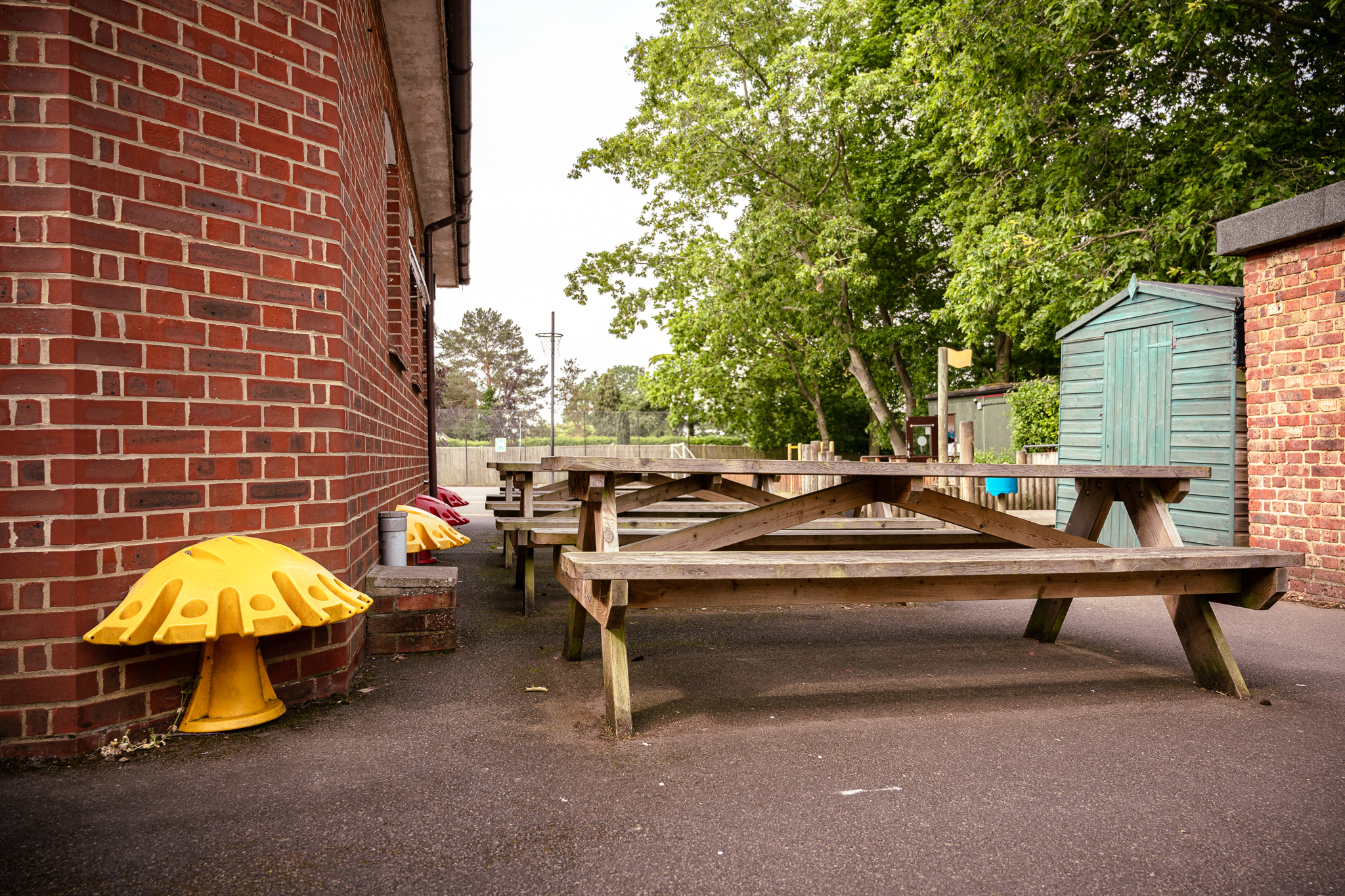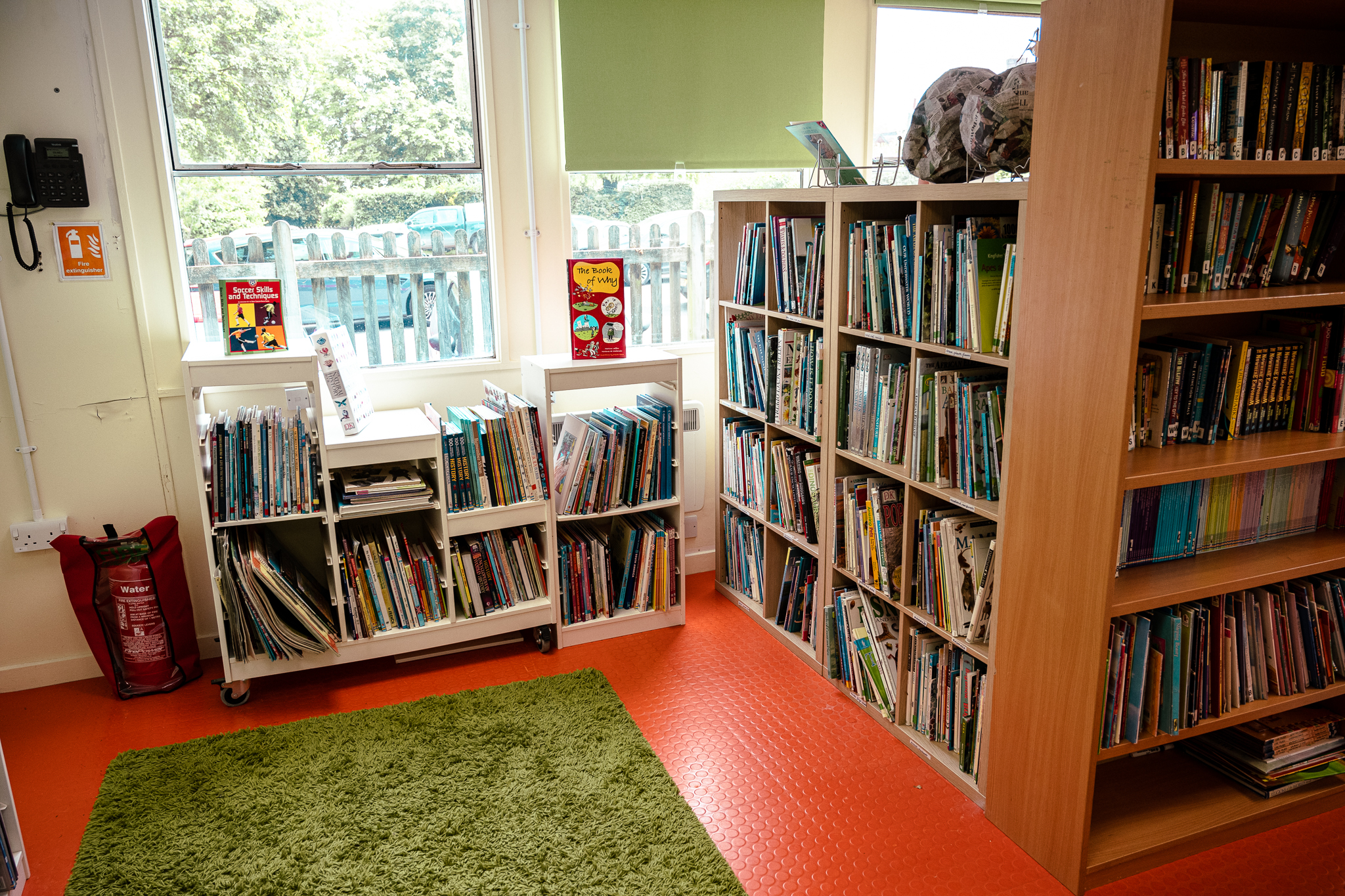Special Educational Needs
We recognise that every child is an individual and sometimes they need to access additional support.
At Rolvenden Primary School, we are incredibly proud of all our students for their learning behaviours, however we recognise that all children and young people may experience learning difficulties at some point. This is not unusual. For most children the difficulties are temporary and are soon overcome with help and encouragement from home and school.
The term ‘Special Educational Needs’ is used to describe learning difficulties or disabilities that make it harder for children to learn than most children of the same age. Children with Special Educational Needs (SEN) are likely to need extra or different help from that given to other children their age. This help is known as special educational provision. The support we give at Rolvenden is based on the following “Waves” model of intervention.
Rolvenden Primary School continues to be a good school
“Any pupils who have special educational needs and/or disabilities (SEND) have their needs quickly identified. This helps staff to adapt learning so that pupils with SEND do well and experience success.”
Ofsted June 2024
Wave One: In Class Support
This wave is quite often referred to as ‘Quality First Teaching’ or teaching using the ‘Mainstream Core Standards’. A parents guide to the Mainstream Core Standards can be downloaded below.
Children may be supported in class by use of any of the following adaptations (list is not exhaustive)
- word banks, adapted tasks, help from the class teacher, extra resources, use of manipulatives, adapted seating positions, use of ear defenders etc.


Wave Two: Small Group Support
This wave often sees children working inside, or occasionally, outside of the classroom in small groups.
Children may be supported in small groups by use of any of the following planned interventions (list is not exhaustive)
- Phonics sessions, Langauge Link, Speech Link, 1:1 reading sessions, comprehension sessions, handwriting groups.
- At Rolvenden, we also offer early morning, pre-school ‘booster groups’ which are used to give children an additional learning slot.
Wave Three: Highly Personalised Interventions
This wave usually follows a referral to the LIFT group (Local Inclusion Forum Team) and may include an application for High Needs Funding or an EHCP (Educational Health Care Plan).
Children may be supported through use of any of the following interventions (list is not exhaustive)
- Specialist Teaching Service Involvement
- Educational Psychologists
- Additional adult provision.


Assess, Plan, Do, Review (APDR)
We ASSESS our pupil’s abilities and attainment. If necessary, we PLAN an intervention program for them that targets their area of need. We DO the work, completing the intervention work and then REVIEW the outcomes. During the review process, we formulate our next steps and if necessary, repeat or revise what is now needed.
If a pupil has not made progress following interventions, then we would look to intensify the support available with an application for High Needs Funding and possibly a referral to the Specialist Teaching and Learning Service for further strategies.
If all avenues have been explored, strategies utilised and still no progress is being made, we would then look to apply for statutory assessment for EHCP (Education, Health and Care Plan).
Any Questions?
If you have any questions about our Special Education Needs provision, please contact the office to make an appointment with our SENCO (Special Educational Needs Co-Ordinator), Mrs K. Jackson.

